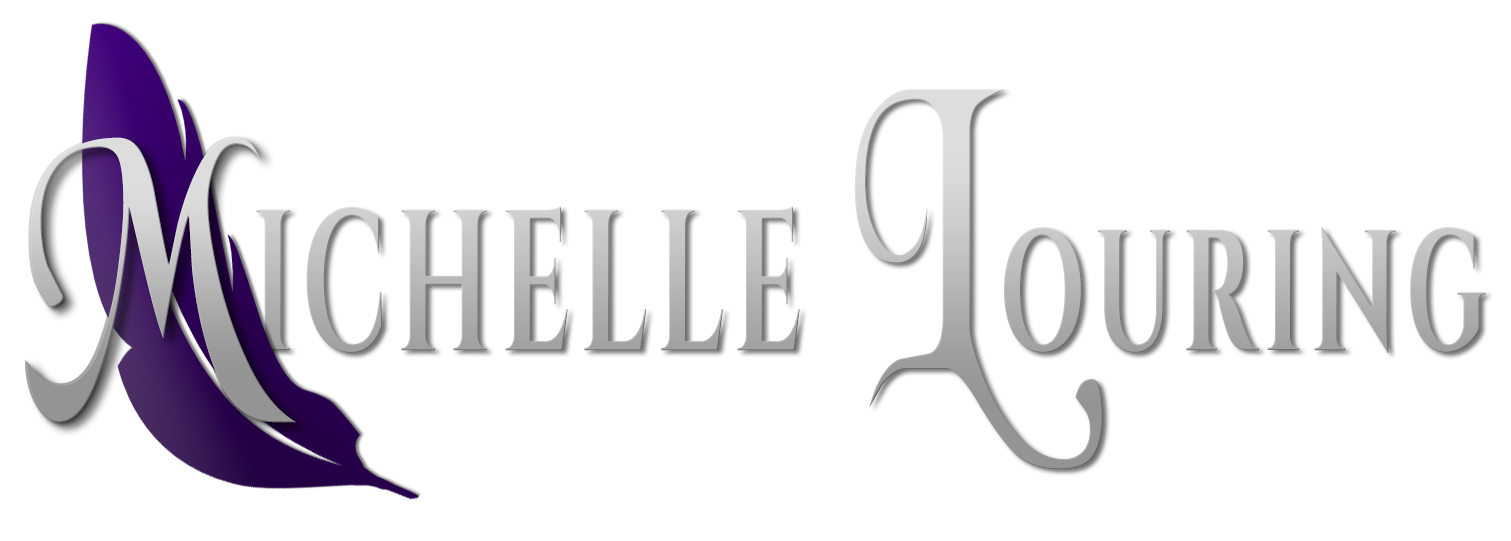——-
Let me start out by saying that I have never sent a manuscript to a literary agent or a publisher. From the beginning, I knew that countless rejection letters would quickly kill my love of writing and I would rather have the dream of seeing my book on the shelves remain a dream, than go through that.
Which is why this isn’t the bitter talk of someone who was never able to publish the traditional way, but merely the view of someone who never tried.
–
Self-publishing has a bad reputation and it has been that way for a long, long time. There’s still many people who refuse to call independent writers for “real” authors. They believe that all indies are people whose writing is just not good enough to be published.
That is far from the case for many indies.
Just because you never got accepted by a traditional publisher doesn’t mean that you don’t have a great piece of work in your book. After all, J.K Rowling was rejected many times when she sent the manuscripts for the Harry Potter books to different publishers. How many books have she sold now? 450 million copies was the last number I heard.
The fact is, agents and publishers only accept books that have worked before. After Twilight became a success, the market was stormed with supernatural YA fiction and vampire novels, both good and bad. They all had that in common that the publishers knew they had a market for those books.
Many, many, many books have been rejected because, though well-written, were too original or far-fetched. Publishers need to earn money like everyone else, and they are rarely willing to take a chance on something. Which is why so many great books never see the light of the book store.
Don’t get me wrong, some indie books are horrible. The both good and bad thing about indie publishing is that everyone can publish anything. That means that there is no quality control. Poorly edited books with grammar so bad that it makes your toes curl, and plots where nothing make sense at all, find their ways to the online retailers because there’s no one sorting through the trash.
It’s perfectly understandable that readers may hesitate before buying a self-published book, because there’s no guarantee it isn’t a piece of garbage. But on the other hand, indie books give you the opportunity to find books so mind-blowingly unique that you’re willing to swear off traditional books forever.
Exactly because there’s no one sorting through the books, the original ideas that agents won’t take a chance on are now within your reach. If you want an urban fantasy story, you can actually find books that aren’t rip-offs of Twilight, because indie authors doesn’t have to write something that’s already been written. There has been no one to tell them that there isn’t a market for their kind of stories, so books are no longer restricted by trends. Now only the imagination of the writers set the limit.
–
Many writers also choose the way of indie publishing, not because they can’t get published by a traditional publisher, but because being an indie gives you all the freedom and control a publishing contract would take away from you.
A publisher decide your cover, they can make you cut or rewrite entire chapters of your book if they doesn’t think it should be there. It could be the most important scene in the book in your mind, but it would have to go.
You wouldn’t have full control of how and where your book was sold either, because the rights would now be with the publisher.
And even if you get accepted by an agent, would you really want to wait years before your book hit the stores? Just because someone believe your work is suited for publishing, there’s so much that needs to be done before your book gets into print. Choose a Print-on-Demand service and have your book in your hands within a month.
–
The only thing traditional publishing really gives you is the backing of their name and easier access to a proper editor. For that they take most of whatever income the book will gain and at the same time depends rights to do what they like with the book.
I’m sure there’s a lot of authors who will disagree with me, and they are welcome to! But looking from where I stand, being an indie seems to be a better deal these days.
The war between traditional publishers and indies still rages, and I think I will just sit back and watch what the outcome will be.


I couldn’t agree more. I also have never sent my work off and have thoroughly enjoyed the self-publishing route – I take great pride in how my book has been produced – not just based on profit. The term ‘vanity publishing’, I find particularly insulting. I do think you need lots of time and dedication to push and promote your book when self-publishing, as you have no sales figures to support your work. We have had great feedback and have now sold just under 500 copies in 4 months. i have no idea whether these sales figures are good or bad, I can only say I’m delighted and am currently working hard on my second book having learned so much from producing the first.
Many thanks for the blog.
Good work with selling those 500 copies! I’m glad to hear I’m not the only one taking pride in being completely independent when it comes to publishing!
Good luck with your second book as well